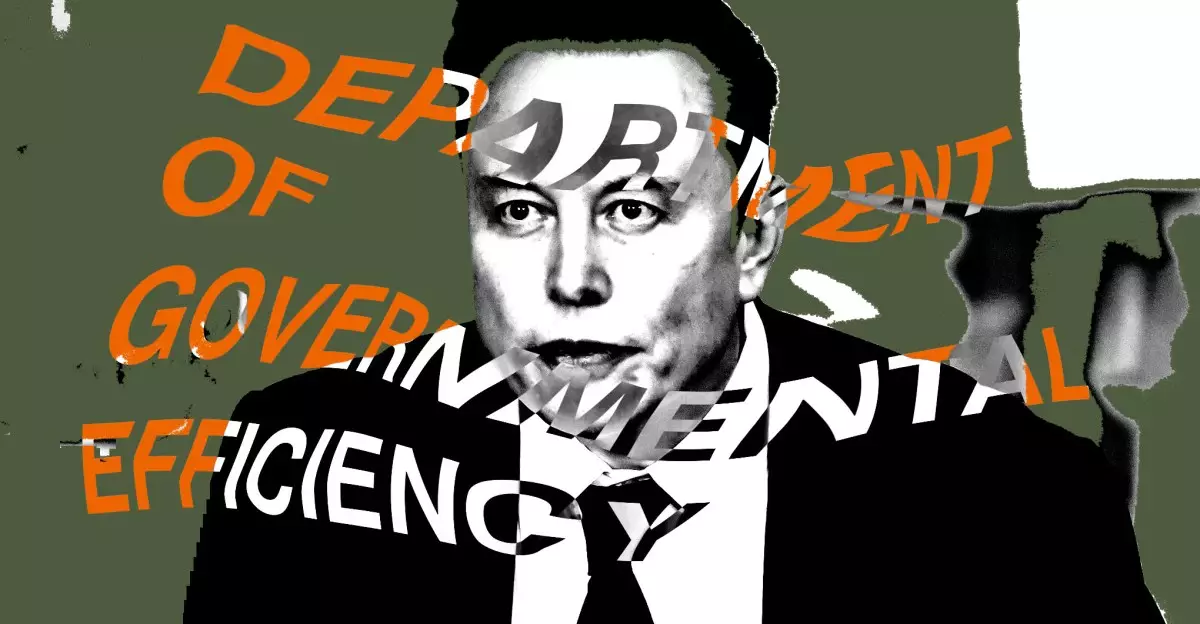In an unexpected move, Elon Musk sparked a wave of unrest among federal employees when a Saturday email was sent out by the Office of Personnel Management (OPM) requesting bullet points of recent accomplishments. The deadline for this unusual task was set for the following Monday night, with an emphasis placed on the need for a prompt response. Musk, in a tweet accompanying this information, inferred that non-compliance could result in being interpreted as a resignation, a claim that has fueled legal debates and concerns about the implications for public servants.
The Legal Controversy
Delving deeper into the legal ramifications of Musk’s directive, many experts have voiced their apprehensions regarding the legitimacy of this request. Legal analysts interpret Musk’s insinuation that failure to comply could lead to disciplinary actions or job loss as a potential violation of civil service laws. Hakeem Jeffries, House Minority Leader, echoed these sentiments, labeling Musk’s actions as detrimental to the well-being of federal employees and their families. The notion that Musk could exert influence over federal workers raises questions about the balance of power in the workplace and the boundaries of authority, particularly when dealing with individuals protected by civil service regulations.
This incident bears a striking resemblance to Musk’s controversial management style at Twitter, where he imposed strict accountability measures and characterized non-responsiveness as a sign of resignation. Such analogies draw attention to a broader pattern in Musk’s leadership approach, where expectations are often steep and underpinned by an atmosphere of intimidation. Critics argue that this style not only undermines employee morale but also creates a stressful environment rife with fear and uncertainty.
Furthermore, Musk’s public comments regarding rooting out fraud in government employment without solid evidence raises ethical questions about transparency and accountability. By claiming to identify unproductive workers based on limited feedback, Musk risks promoting a culture of distrust and disparity among employees who contribute meaningfully to governmental operations. This mindset could potentially compromise the integrity of federal institutions that rely heavily on trust and accountability, fostering an environment where employees feel the need to constantly prove their worth.
The Bigger Picture
This incident reflects not only Musk’s unique approach to leadership and management but also the deeper implications of his influence on federal employment practices. While his methods may resonate with a certain entrepreneurial spirit, they clash with established norms of governance and civil service protections, raising eyebrows across legal and political landscapes. As the fallout from this Saturday email continues to unfold, the conversation surrounding the respect and treatment of federal employees is more crucial than ever. It has opened a dialogue on accountability, ethical governance, and the boundaries of authority in the workplace, leaving many to ponder what constitutes effective leadership in the modern age.


Leave a Reply